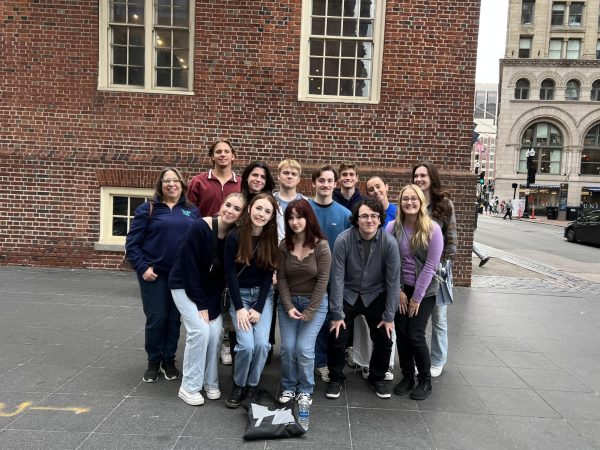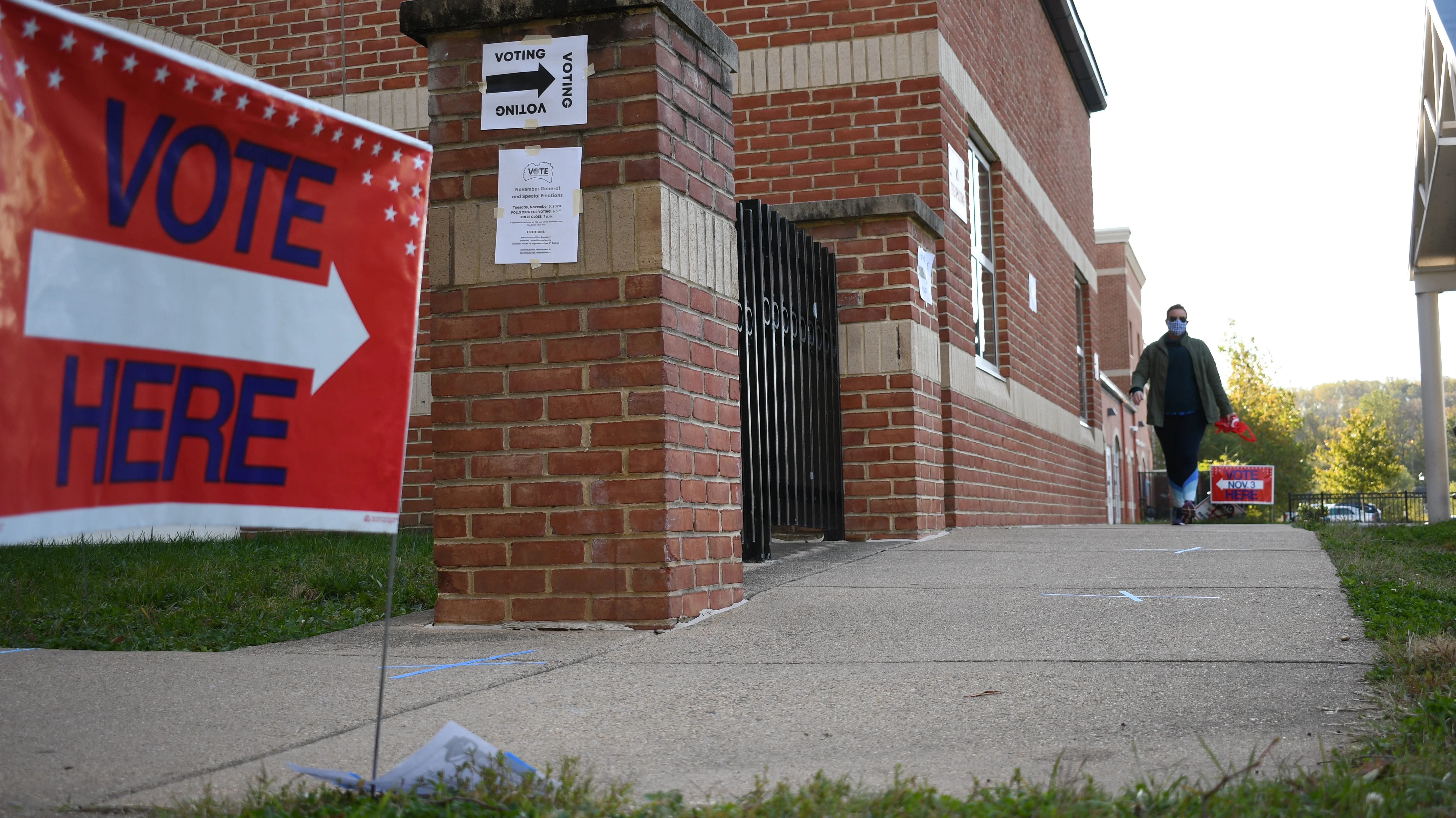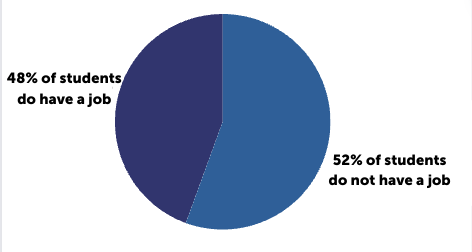A Long Wait For A Deserved Soulmate
I have always been an animal lover, especially dogs. I was fascinated whenever I would see service dogs in public. I knew I couldn’t distract them because they were working. I would pretend that my stuffed animals were my service dogs.
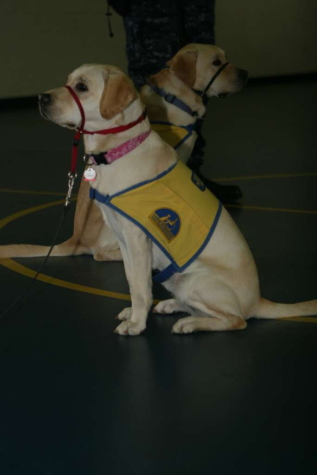
The training process for service dogs usually takes a long time. The assistance dog candidates are selected for how well they can assist with certain tasks and temperament. Large organizations such as Four Paws For Ability, Canine Companions For Independence, and Guide Dogs For The Blind ensure healthy puppies with desirable traits. These organizations often use foster families for the puppies during their first year so that the pups will get used to living with a normal family life surrounded by sights, sounds, and smells. Once a pup is two years old, they will start his specialized training, which will include working on tasks like opening doors, pushing elevator buttons, helping the handler walk, comforting after night terrors or anxiety, alerting seizures, etc.
People who qualify to get a service dog may use a wheelchair, gait trainer, and have difficulty walking. There are many other things that service dogs can help people with too, like diabetes and PTSD.
Four years ago, my parents began researching all different service dog services and Four Paws for Ability seemed like it was the right one. I went to the National Institute of Health (NIH) to do a gait study of my walking. While being there, we learned that it would be best for us to wait until I was older so I could take the dog to college with me. I was approved to get a service dog, and I remember the faces of excitement my parents and I had; we were extremely happy.
Even if a person qualifies for a dog, financial problems might hold them back from affording one. Families spend up to a year fundraising for an assistance dog.
We set up a fundraising page on my mom’s Facebook, and we raised $17,000 in less than 48 hours; it was incredible!
Woodgrove Sophomore Meredith Buxton’s puppy, Remus, is currently in the process of being trained to be their service dog. “One of the biggest difficulties has been money. We had to spend months fundraising just to afford the puppy and the first round of training,” Buxton recalls. “From research to fundraising, to just the waiting time in general; it’s been about two years and counting. My puppy still has a lot of training to undergo.”
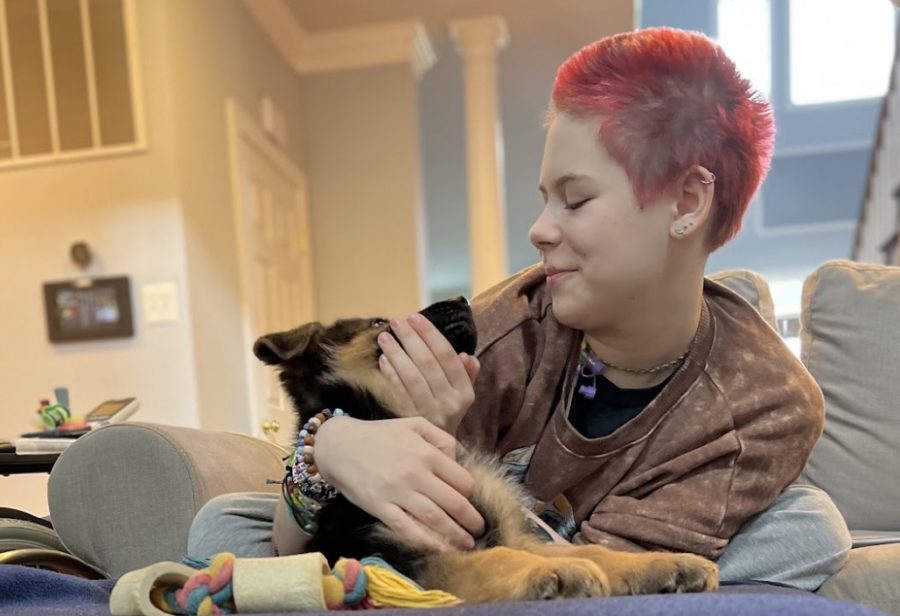
Buxton feels that a big misconception about these helper canines and the process of getting them is that many people know little about them. A lot of people think the dogs are only for veterans who have been in wars or the blind.
I’ll continue anxiously waiting to meet my soulmate, but until then, I’ll support Buxton with their service dog journey.
You can support service dogs by donating to large organizations like Four Paws For Ability, Canine Companions For Independence, Guide Dogs For The Blind, and many more.
Your donation will support the student journalists of Woodgrove High School. Your contribution will allow us to purchase equipment, attend conferences, and cover our annual printing and website hosting costs.



